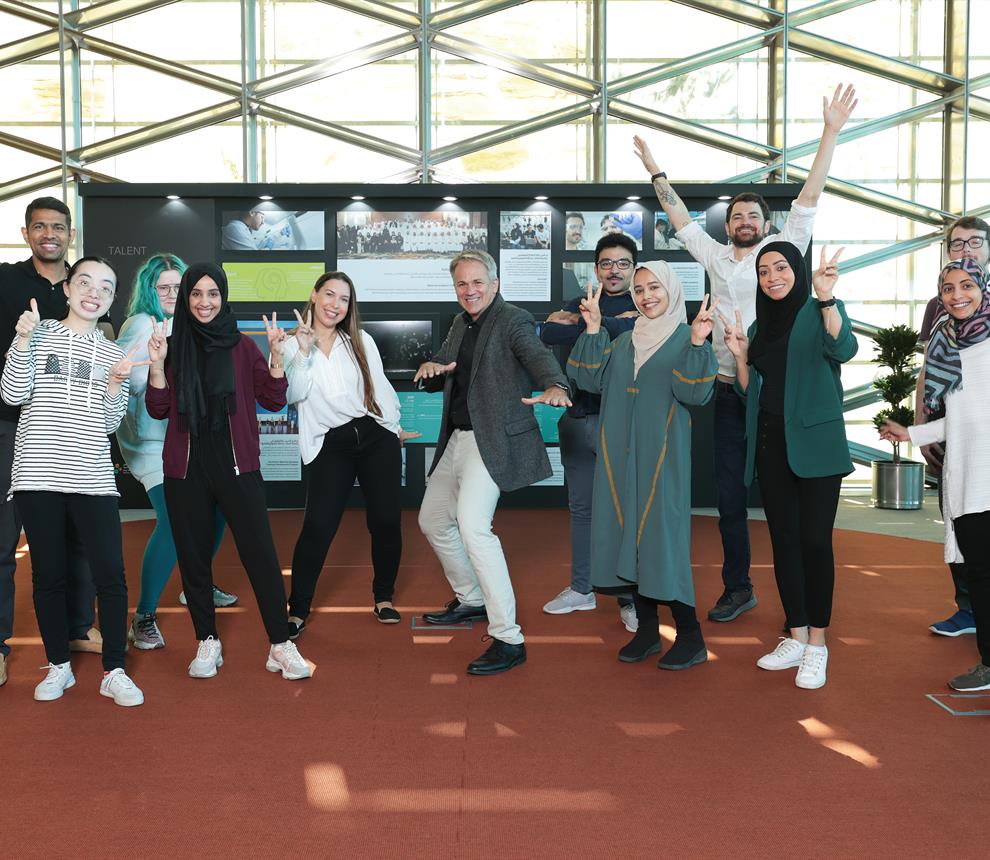
The Rosado Lab (MEGB Lab) main research interests are centered around the study of microbial diversity and new microbial metabolisms, using conventional tools associated to multi-omics approaches to understand the evolutionary history, ecological roles, and physiological capacity and capabilities of free-living and symbiotic microorganisms, including those found at the extremes of where life exists.
Regarding extremophiles (microbes from extreme environments), we are also interested in Astrobiology, exploring concepts and fundamentals on how the use of extremophiles can be beneficial for crops and other biotechnological developments and, in turn, can also generate technologies with potential application in space colonization. Currently, there are important programs developed by space agencies from different nations and these concepts are within some objectives of the 2030 vision for the kingdom.
Rosado's research is inter- and multidisciplinary, at the interface of basic and applied (biotechnology/Microbial/microbiome-based solutions) aspects of environmental processes. The main questions that guide his research are the following: What novel genes / genomes, microorganisms, interaction mechanisms and host x microbial metabolism are present in different ecosystems? Can we use them to promote environmental and human health? How can we define the health of these organisms and ecosystems? What are the microbial components of different environmental samples, including those from extreme ecosystems, and how are these communities affected by environmental (and global) changes and anthropogenic factors? How can we minimize these impacts by manipulating microbial communities and / or organisms? To try to answer some of these questions, our group applies a plethora of techniques.
For more information visit https://b-megb.kaust.edu.sa/.